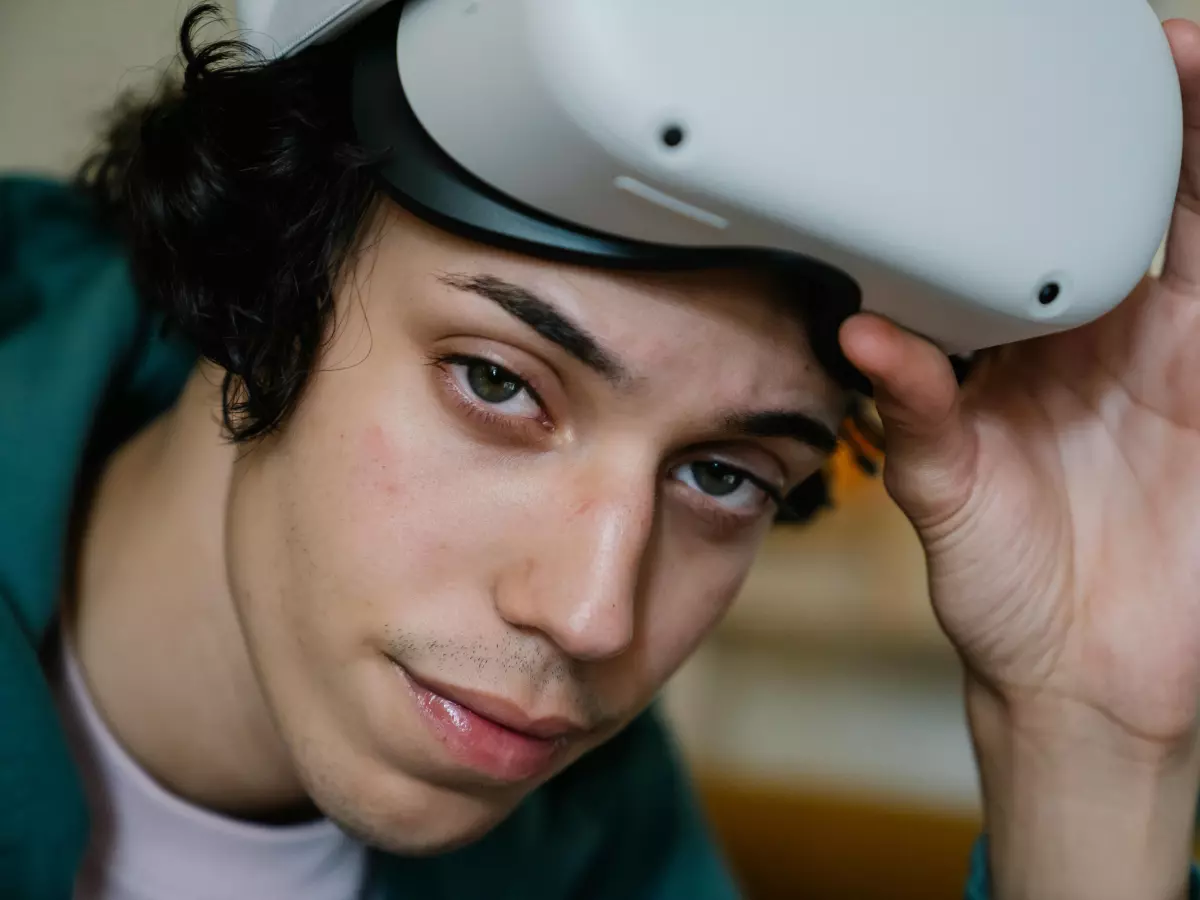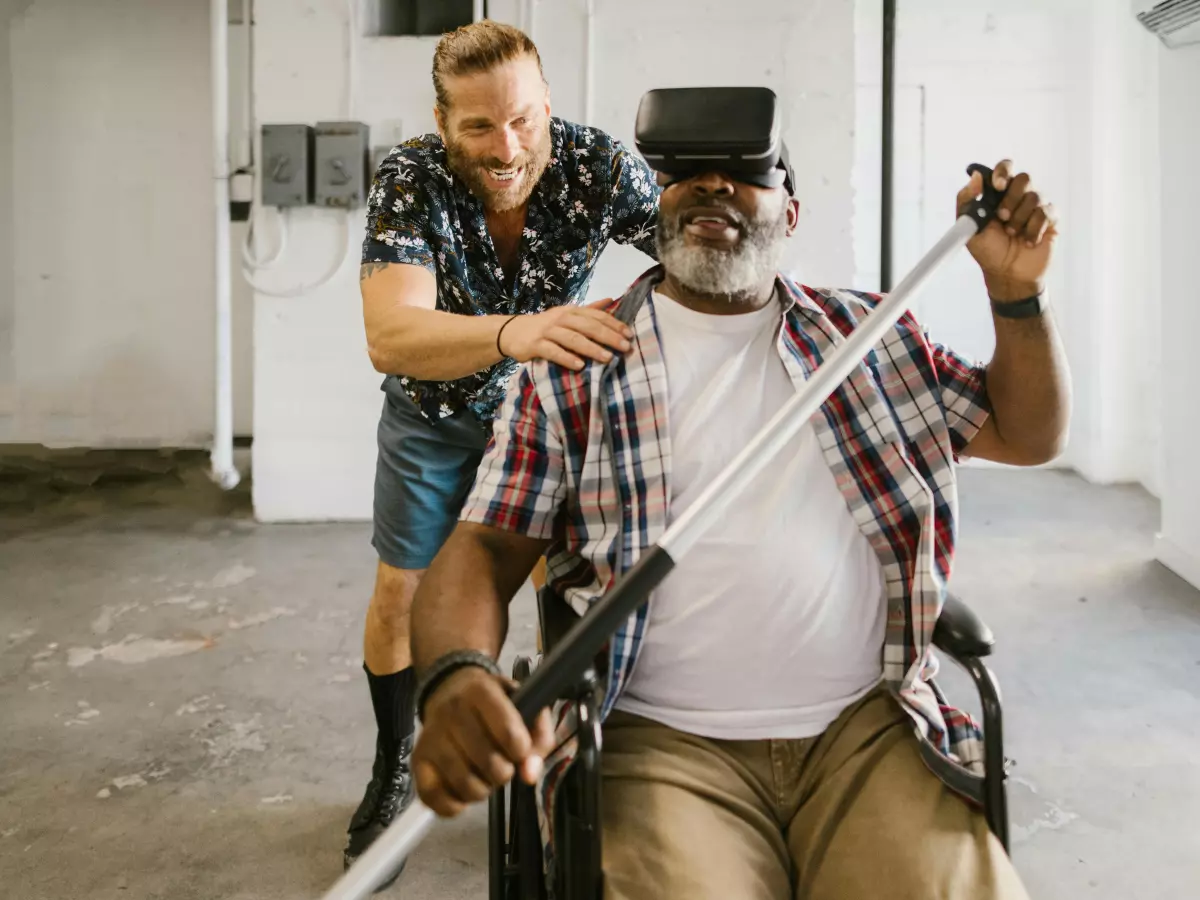AI Veto Fallout
In a surprising move, California Governor Gavin Newsom vetoed the Safe and Secure Innovation for Frontier Artificial Intelligence Models Act, a bill that aimed to regulate AI development. This decision has sparked debate across the tech industry, with some hailing it as a win for innovation, while others warn of potential risks.

By Alex Rivera
Picture this: It’s 2030, and you’re walking down the street in San Francisco. Autonomous drones zip by delivering packages, while AI-powered cars glide silently through the streets. But suddenly, one of those cars swerves unpredictably, narrowly missing a pedestrian. The incident sparks a public outcry, and people start asking: Why wasn’t this AI better regulated?
Well, that future scenario might not be as far-fetched as it seems. Governor Gavin Newsom’s recent veto of a proposed AI safety bill has left many wondering what the future holds for AI regulation. The bill, known as the Safe and Secure Innovation for Frontier Artificial Intelligence Models Act, aimed to impose stricter rules on AI development, but it was met with both support and criticism from industry leaders.
What Was the AI Safety Bill All About?
The bill, SB 1047, was designed to create a framework for regulating AI models, particularly those that could pose significant risks to public safety. It called for transparency in AI development, mandatory safety assessments, and accountability for companies creating advanced AI systems. Sounds like a no-brainer, right? Well, not everyone thought so.
According to The New York Times, Governor Newsom vetoed the bill, citing concerns that it could stifle innovation, particularly for smaller developers and open-source projects. He argued that while AI regulation is important, the bill’s approach might have unintended consequences, such as slowing down progress in the rapidly evolving AI landscape.
The Industry’s Mixed Reactions
As you can imagine, the tech world had a lot to say about this. On one hand, some industry veterans applauded the veto, claiming that the bill would have placed unnecessary burdens on developers. They argue that innovation thrives when there’s less red tape, and that smaller AI companies and open-source projects would have been disproportionately affected by the regulations.
On the other hand, critics of the veto argue that without proper regulation, we’re heading into uncharted territory. AI is advancing at breakneck speed, and without safeguards in place, there’s a real risk of unintended consequences—like that hypothetical self-driving car swerving unpredictably. They believe that the bill was a step in the right direction, even if it wasn’t perfect.
Why Should You Care?
Okay, so maybe you’re not an AI developer or a tech policy wonk, but this decision could still impact your life in ways you might not expect. AI is already embedded in so many aspects of our daily lives—from the algorithms that recommend what to watch on Netflix to the facial recognition software used in airports. As AI continues to evolve, the lack of regulation could lead to unforeseen consequences, both good and bad.
For instance, without proper oversight, AI could be used in ways that infringe on privacy or even safety. On the flip side, less regulation could mean faster innovation, leading to new AI-driven technologies that improve our lives in ways we can’t even imagine yet. It’s a double-edged sword, and the balance between innovation and regulation is a tricky one to strike.
What’s Next for AI Regulation?
So, where do we go from here? While the veto of SB 1047 may have slowed down the push for AI regulation in California, it’s unlikely to be the end of the conversation. In fact, the senator who co-wrote the bill has vowed to continue fighting for AI safety measures, and other states may follow suit with their own regulations.
At the federal level, there’s also growing interest in AI regulation, with lawmakers and tech leaders alike recognizing the need for some form of oversight. The challenge will be finding the right balance—one that promotes innovation while also protecting the public from potential risks.
In the meantime, AI will continue to evolve, and we’ll likely see more debates about how to regulate this powerful technology. Whether you’re a tech enthusiast, a business owner, or just someone who uses AI in your daily life, the outcome of these debates will shape the future of technology—and your future, too.
So, buckle up. The AI revolution is just getting started, and the road ahead is anything but predictable.





